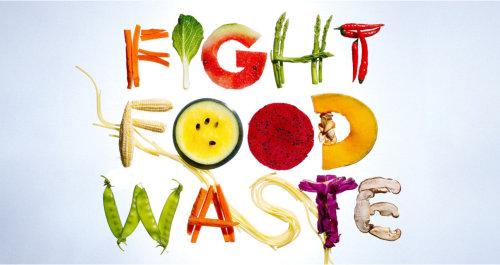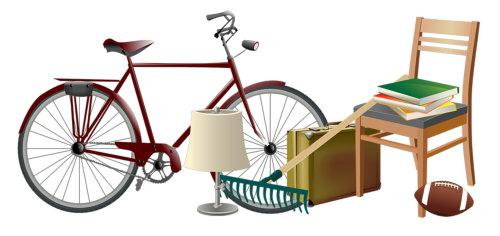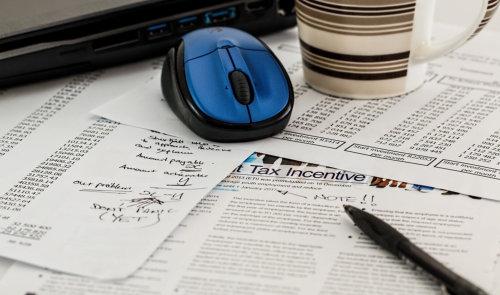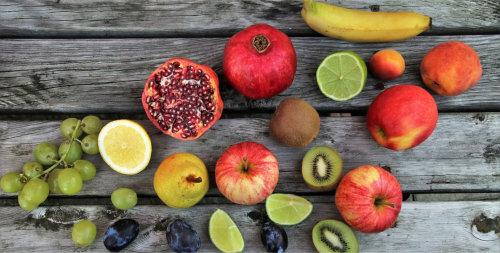Jane was getting ready to go grocery shopping but decided to clean out her fridge first. She found leftovers she made last week, opened the container, and
realized they had spoiled. Those had to be tossed. She found lettuce that got pushed to the back of the crisper. It was soggy and limp. Ugh...nobody is going to eat that! Then, she found a moldy lime. She thought to herself, "Wow, we're throwing away a lot of food."
Food waste is a significant problem worldwide, with around one-third of all
food produced for human consumption being wasted.
Thankfully, there are organized strategies that we can all adopt to waste less food:
1. Buy Only What You Need:
One of the most effective ways to reduce food waste is to buy only what you know you'll consume. Before heading to the grocery store, make a shopping list based on what you actually need, taking into account what you already have at home.
Avoid buying
perishable food in bulk if you're not sure whether or not you and your family will be able to eat it before it spoils. If you do like to buy perishables in bulk, your freezer is your friend. You can freeze many items and defrost them as needed.
I hate to toss
out food. I have a grocery store nearby, so I'll generally buy 3 to 4 days' worth of perishable food, use that up, and then buy more when needed. I always have a well-stocked pantry and freezer, just in case I can't get to the store.
2. Plan Your
Meals: Having a meal plan for the week can help you use up ingredients efficiently, reducing the likelihood of food going to waste. Having a planned day when you're going to eat leftovers (or make something new out of those leftovers) will help prevent food from languishing in the fridge.
3. Proper
Storage: Proper storage is essential for prolonging the freshness of food items. Research appropriate storage for the type of food you're storing to help ensure it keeps as long as possible.
Invest in airtight storage containers and use them to store leftovers properly, labeling them with dates to ensure you use them before they spoil. 4. Understand Expiry Dates: Understanding the difference between "sell by," "use by," and "best by" dates can prevent unnecessary food waste.
"Sell by" dates
indicate the last day a store should sell a product, while "use by" dates suggest the last day of optimal quality.
"Best by" dates indicate the manufacturer's estimate of peak quality but don't necessarily mean the product is unsafe to consume after that date. Use
your senses to determine if food is still safe to eat.
5. Get Creative with Leftovers: Instead of letting leftovers languish in the fridge until they spoil, get creative with how you use them. Repurpose leftover vegetables into soups, stir-fries, or salads. Use stale bread to make croutons or
breadcrumbs.
6. Compost Food Scraps: Despite our best efforts, there will inevitably be some food waste in the form of scraps or peels. Instead of throwing these in the trash, consider composting them. Composting not only reduces waste but also produces nutrient-rich soil for your garden. By implementing these organized
strategies, you can significantly reduce your family's food waste footprint while also saving money and resources. So next time you're cleaning out your fridge, remember these tips and make a conscious effort to not waste food.












